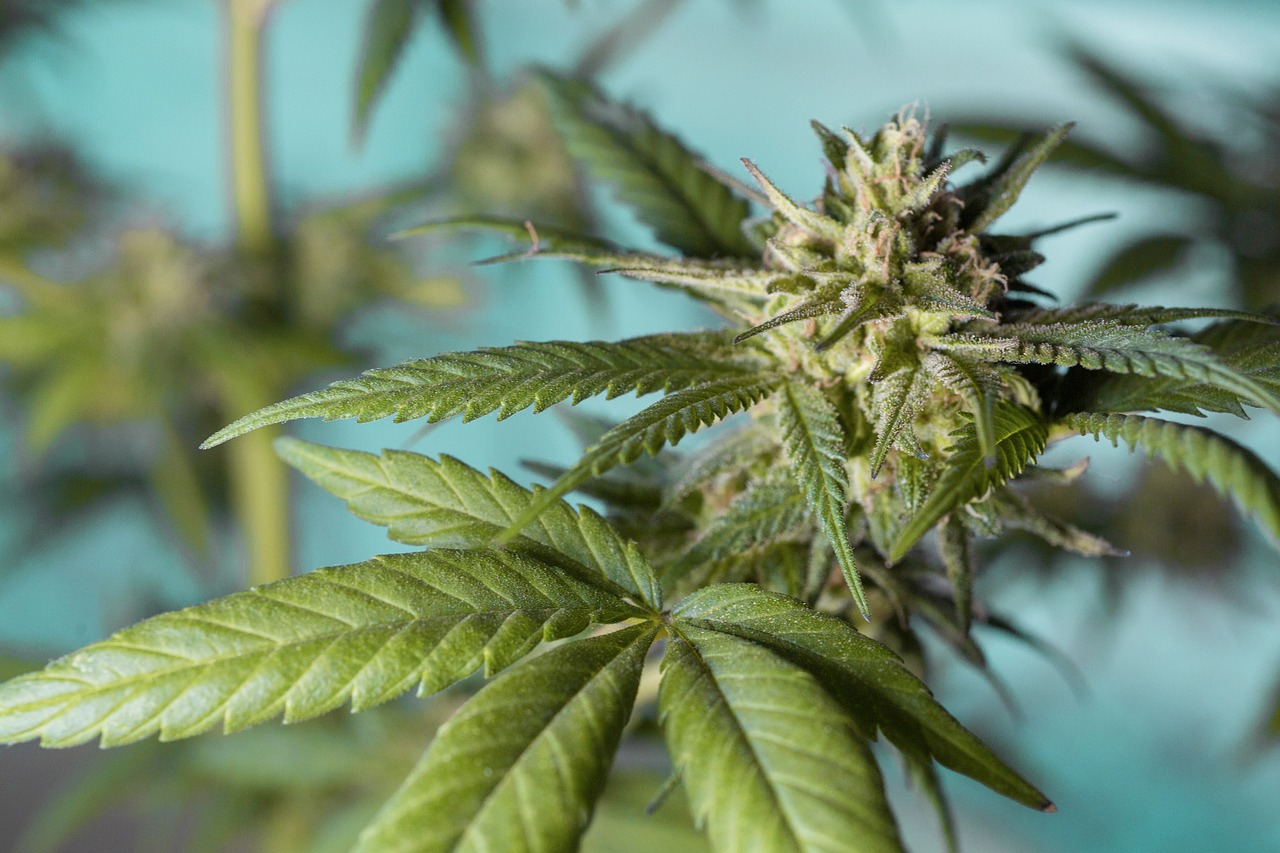With the increasing interest in cannabis and its various compounds, THCA has emerged as a topic of curiosity. Many wonder if THCA flower can produce the psychoactive effects commonly associated with THC. This article explores the nature of Best Dosido High THCa Flower, its effects, and whether it can lead to a high.
Understanding THCA: The Basics
THCA, or tetrahydrocannabinolic acid, is a non-psychoactive cannabinoid found in raw cannabis plants. Unlike THC, which is known for its mind-altering effects, THCA does not produce a high in its natural state. This compound is abundant in fresh cannabis and begins to convert into THC when exposed to heat through a process called decarboxylation.
The Process of Decarboxylation
Decarboxylation is a chemical reaction that removes a carboxyl group from THCA, transforming it into THC. This process typically occurs when cannabis is smoked, vaporized, or cooked. Without this conversion, THCA remains non-psychoactive.
Potential Benefits of THCA
While THCA does not induce a high, it offers several potential health benefits. Research suggests that THCA may have anti-inflammatory, neuroprotective, and anti-emetic properties. These attributes make it a subject of interest for those seeking therapeutic effects without the psychoactive experience.
- Anti-inflammatory effects: THCA may help reduce inflammation, which could be beneficial for conditions like arthritis.
- Neuroprotective properties: Some studies indicate that THCA might protect brain cells, potentially aiding in the treatment of neurodegenerative diseases.
- Anti-emetic potential: THCA could help alleviate nausea and vomiting, making it useful for patients undergoing chemotherapy.
THCA vs. THC: Key Differences
While both THCA and THC originate from the same plant, their effects and uses differ significantly. Understanding these differences is crucial for consumers and medical professionals alike.
Psychoactive Properties
THC is well-known for its psychoactive effects, which can alter perception, mood, and cognition. In contrast, THCA does not produce these effects unless it is converted into THC through decarboxylation.
Legal Status
The legal status of THCA and THC varies by region. In many places, THCA is not classified as a controlled substance, allowing for broader use and research. However, once converted to THC, it may fall under stricter regulations.
Consumption Methods for THCA
For those interested in experiencing the benefits of THCA without the high, there are several consumption methods to consider. These methods preserve the compound’s non-psychoactive properties.
- Raw cannabis juice: Juicing raw cannabis leaves and flowers is a popular way to consume THCA.
- Tinctures: THCA tinctures can be taken sublingually for quick absorption.
- Capsules: THCA capsules offer a convenient and precise dosage option.
Scientific Studies and Findings
Research on THCA is still in its early stages, but several studies have highlighted its potential benefits. For instance, a study published in the British Journal of Pharmacology found that THCA exhibited anti-inflammatory properties in animal models. Another study in the Journal of Neuroimmune Pharmacology suggested that THCA might have neuroprotective effects.
These findings indicate that THCA could play a role in future medical treatments, although more research is needed to fully understand its capabilities and applications.
Consumer Considerations
When exploring THCA products, consumers should be aware of several factors to make informed decisions. These include product quality, source, and intended use.
- Quality: Look for products that have been tested for purity and potency by third-party laboratories.
- Source: Choose products from reputable companies that use organic and sustainable cultivation practices.
- Intended use: Consider whether you are seeking therapeutic benefits or simply exploring new cannabis products.
Conclusion
THCA flower, in its raw form, does not produce the psychoactive effects associated with THC. However, it offers potential therapeutic benefits that are gaining attention in the medical community. As research continues, THCA may become a valuable component in cannabis-based treatments. For those interested in exploring its benefits, understanding the differences between THCA and THC is key to making informed choices.
